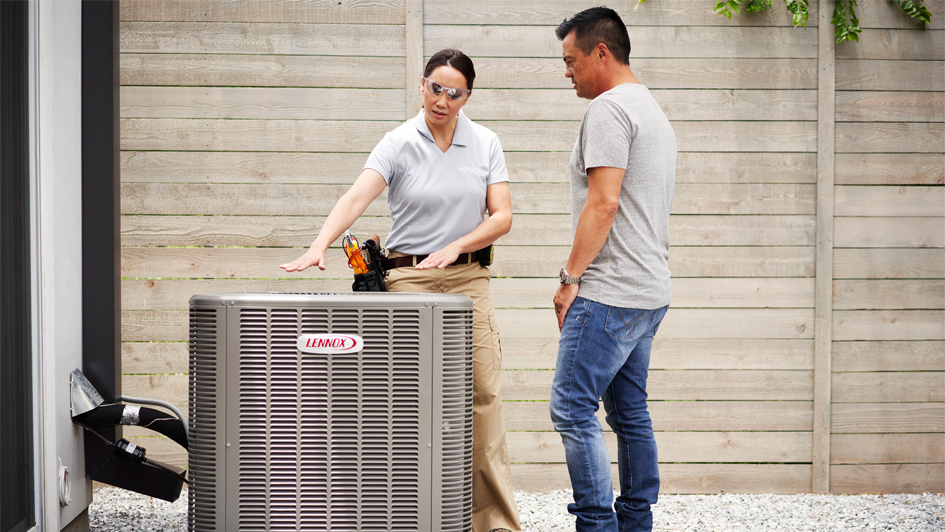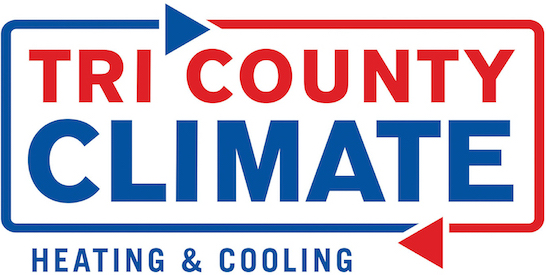
Finding the appropriate HVAC system size for your home is vital. It has a big impact on your home enjoyment and your utility costs. In this HVAC sizing guide, the specialists at Tri County Climate Control LLC will explain how to determine the right size of heating and cooling system for your home, what features they take into account and why selecting the most suitable size HVAC is so important to your convenience.
What Impact Does HVAC System Size Make on Home Comfort and Efficiency
Proper HVAC size is different for each home. Your HVAC system needs enough heating and cooling capacity to make your entire home cozy. It shouldn't struggle to keep up in extremely warm or cold weather. However, an HVAC system that's too big is inefficient, increases your energy expenses and can cause problems that make your home less agreeable.
Critical Factors Professionals Consider for HVAC Sizing in Bend, OR
To choose the correct HVAC system size for a home, the HVAC installation experts at Tri County Climate Control LLC carry out a Manual J load calculation to determine how many British Thermal Units (BTUs) are needed to heat and cool and the home. A Manual J calculation evaluates several factors, such as:
- Size of the home: The total area of the home is arguably the most important factor in choosing the size of your HVAC system. How much space will your new HVAC system need to keep comfortable?
- Insulation levels in the home: A well- insulated home retains the indoor temperature more efficiently, which can influence how much heating and cooling capacity you need.
- Local Weather: The local climate in Bend, OR, has an important role in finding the appropriate size HVAC. Homes in hotter climates may require a system with a higher cooling capacity, while milder regions may demand less.
- Window placement and size: Windows can be a significant source of energy loss. The number, size, type of glass used, and whether they’re single or double pane can greatly influence heating and cooling requirements.
- Sun exposure: A home that gets a considerable sunlight will automatically be warmer than one that doesn't, which impacts central air sizing. Orientation in relation to prevailing winds and number of nearby shade trees also affect the appropriate HVAC size.
HVAC Size Mistakes Homeowners Often Make
A common mistake homeowners make when sizing their own HVAC system is to focus only on square footage. Although the square footage of your home has a significant impact on what size HVAC you need, other considerations also influence how much heating and cooling capacity is required to keep your home pleasant.
Another typical mistake is not engaging a professional. It's vital to have a qualified HVAC technician conduct a Manual J calculation, which takes all the essential factors into consideration to determine the correct HVAC size.
What Difference Does HVAC System Size Make?
An incorrectly sized system can result in comfort problems and drive up your monthly power bills. Here's a detailed view of the pitfalls of a wrong-sized HVAC:
Undersized HVAC system problems:
- Less longevity and breakdowns: HVAC systems that are too small often operate continuously to try to heat or cool a home, leading to more wear and tear. This can cause breakdowns and even require premature HVAC replacement.
- An unpleasant home: Small HVAC systems don't have enough power to heat and cool your whole home, which can cause hot, stuffy rooms or areas of your home that are uncomfortably cold.
- Higher energy expenses: An underpowered HVAC system that operates nonstop trying to keep up uses more energy, driving up your monthly power bills and costing you money. A properly sized and energy-efficient HVAC system uses less power and helps to lower your monthly bills.
Oversized HVAC system problems
- Unnecessary expenses: Larger HVAC systems tend to cost more money, so investing in more heating and cooling capacity than your home requires is a waste of money.
- Reduced lifespan and breakdowns: HVAC systems that are too big often start and stop frequently, referred to as short cycling. This can lead to wear and tear on your machine, reducing its service life or requiring HVAC repair.
- Increased humidity: An HVAC system should balance indoor air moisture, but an oversized HVAC system might not run long enough to accomplish that task. This can lead to indoor air quality issues, and encourage the growth of mildew or mold.
Get Professional HVAC Sizing and Replacement by Working with Tri County Climate Control LLC
Now that you have learned some of the factors that affect what HVAC system size is right for you, it's time to choose a new heating and cooling system. Tri County Climate Control LLC can help.
We’ll evaluate your home and give you a free, no-obligation estimate for HVAC installation. We’ll evaluate your home to identify the ideal HVAC system size for you, so you can have a comfortable home every day of the year.
Call 541-546-1393 today to book your free estimate for HVAC installation in Bend, OR.

